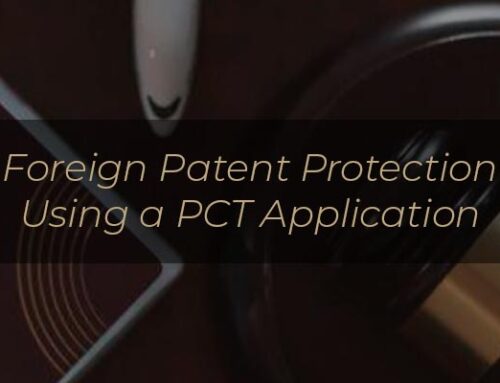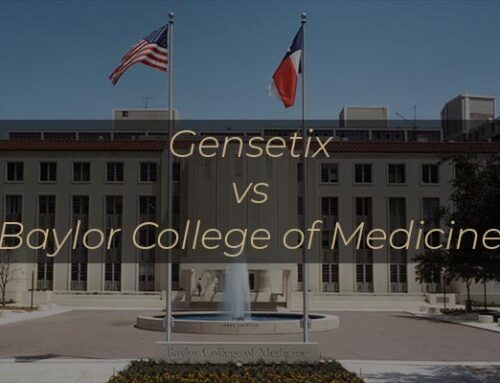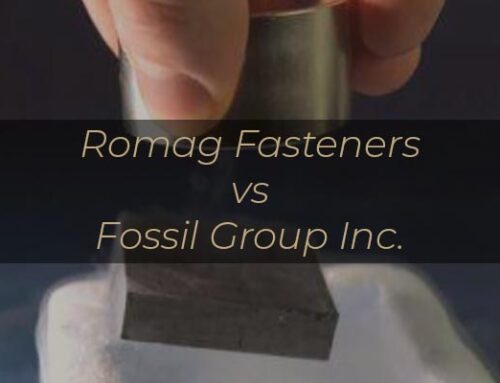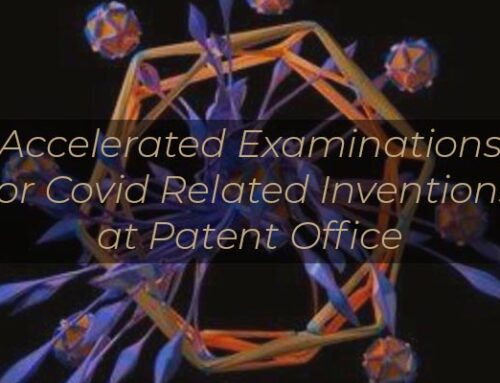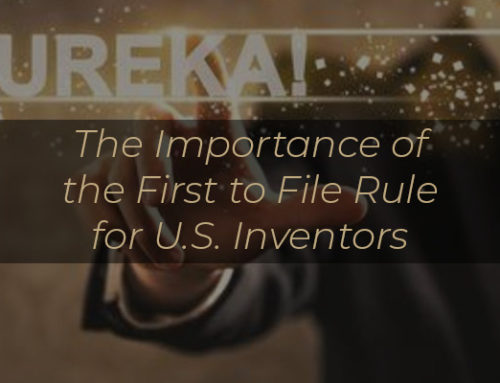Patent infringement defendants often file a motion for judgment on the pleadings (under FRCP 12(c)) or a motion for summary judgment (under FRCP 56) early in the case – often before discovery or even a Markman hearing in which the claims of the patent are construed – seeking a judgment that the patent-in-suit is invalid under Section 101.
In MyMail, Ltd. v. Oovoo, LLC, the defendants filed a motion for judgment on the pleadings, asserting patent invalidity under Section 101. The U.S. District Court for the Northern District of California granted the motion. The Plaintiff appealed, arguing that the determination that the lower court erred by ruling on the 12(c) motion before construing the claims of the patent, which the plaintiff asserted was itself in dispute.
The Federal Circuit noted that patent eligibility under Section 101 is a question of law that may involve underlying questions of fact. As a result, the Federal Circuit ruled that if the parties raise a claim construction dispute at the Rule 12(c) stage, the district court must either adopt the non-moving party’s constructions or resolve the dispute to whatever extent is needed to conduct the Section 101 analysis.
As a result of this ruling, plaintiffs who face a Rule 12(c) motion may wish to raise claim construction issues in order to thwart the motion and early dismissal of the case for patent invalidity under Section 101. At the same time, plaintiffs must be careful not to simply raise claim construction issues to thwart the Rule 12(c) motion where the claim construction, if adopted, may be inconsistent with the plaintiff’s attempt to read the claims on the defendant’s activities.


